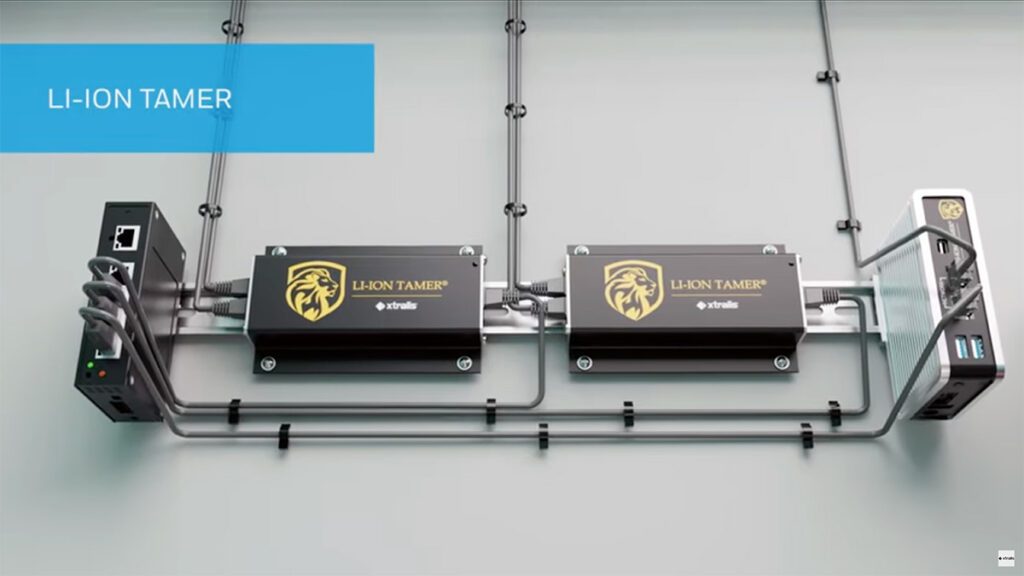China has announced substantial cuts to existing subsidies for EV purchases. The subsidy for pure EVs with ranges of 400 kilometers (250 miles) and above will be halved, to 25,000 yuan ($3,700) per vehicle, the Chinese Ministry of Finance said (via Bloomberg). The minimum range to qualify for any subsidy will also be raised from 150 km to 250 km.
The government warned late last year that it would reduce the subsidies in 2019, and phase them out completely after 2020, citing concerns that automakers’ reliance on subsidies has made them slow to develop new technologies and better vehicles. However, the recently announced cuts were deeper than expected, which caused share prices of Chinese EV manufacturers to falter.
Shares of EV brand BAIC BluePark fell as much as 3.5 percent on the Shanghai exchange following the announcement. BYD, China’s largest seller of new energy vehicles (and a manufacturer of electric buses for the US market), dropped by 4 percent on the Hong Kong exchange.
In response to the news, BAIC BluePark said that it may raise vehicle prices. BYD, however, says it’s prepared to adapt to the new market conditions, and that manufacturing scale and an edge in technology make it resistant to risk.
US-listed ADRs for EV startup NIO, one of the few Chinese EV firms that US investors can easily invest in, plunged as much as 5.4 percent, the lowest intraday price since the Shanghai-based company’s September IPO.
“While the incumbent OEMs will see some earnings damage, we consider NIO the most vulnerable of all,” wrote Bernstein Analyst Robin Zhu. “Despite struggling for demand, the company recently indicated it won’t reduce prices to offset lower EV subsidies. Today’s subsidy cuts mean NIO’s cars just got meaningfully more expensive for consumers.”
The finance ministry is also encouraging Chinese cities and provinces to abolish subsidies on purchases of EVs, including buses and trucks, after a three-month grace period. The elimination of incentives from local governments, combined with the announced cuts in federal subsidies, will result in a total reduction of about 67 percent, Jefferies Analyst Patrick Yuan told Bloomberg – a far more drastic cut than the 40 or 50 percent the stock market was expecting.
Source: Bloomberg





















































































